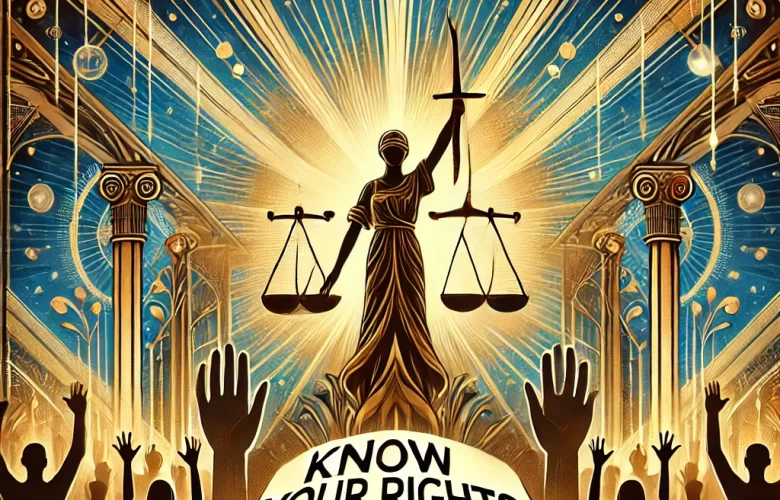Recently, U.S. border czar Tom Homan called for the Department of Justice (DOJ) to investigate Representative Alexandria Ocasio-Cortez (AOC) over her webinar aimed at informing individuals of their legal rights during encounters with Immigration and Customs Enforcement (ICE). The webinar, which covered constitutional rights such as remaining silent and refusing entry without a judicial warrant, has sparked debate over public education, law enforcement, and the limits of free speech.
AOC’s Webinar: Informing or Obstructing?
During her webinar, AOC provided essential information commonly referred to as “Know Your Rights” guidance, which is designed to help individuals understand their protections under U.S. law. Such educational efforts are not new—civil rights organizations have long distributed similar materials. However, Homan claims that the webinar may cross into obstruction of justice territory by advising individuals on how to evade ICE encounters.
AOC has responded, emphasizing that knowledge of one’s rights is fundamental to democracy and protected under the First Amendment. Her position is that educating the public on their constitutional rights cannot be criminalized, as doing so would set a dangerous precedent.
A Pattern of Suppression or Lawful Concern?
Homan’s call for a DOJ probe raises concerns about attempts to intimidate or silence public education efforts on constitutional rights. Critics argue that targeting AOC for a common civil liberties practice appears politically motivated and could discourage similar public education initiatives in the future.
There is a history in the U.S. of attempts to suppress information about legal rights, from discouraging workers’ rights education to censoring voter rights materials. This incident fits into a broader pattern where knowledge is power—and sometimes perceived as a threat by those in authority.
Grounds for a Countersuit?
Legal experts suggest that if the DOJ were to pursue an investigation without merit, AOC could potentially file a countersuit on grounds of harassment, violation of her First Amendment rights, or abuse of power. The First Amendment protects not only the right to speak but also the right to educate others on their constitutional protections.
Additionally, if it can be shown that the investigation was politically motivated, it could form the basis for claims of retaliation or interference with her duties as a member of Congress. Such a countersuit would likely raise significant constitutional questions and could result in a landmark ruling on the limits of governmental power in restricting public education efforts.
The Bigger Picture: Rights, Power, and Accountability
At the heart of this controversy is a fundamental question: Should informing people of their legal rights ever be considered a crime? For civil rights advocates, the answer is a clear no. Providing “Know Your Rights” education has long been a cornerstone of empowering marginalized communities, from civil rights marches to immigrant advocacy.
Regardless of the outcome, this dispute underscores the importance of protecting public access to legal knowledge. Knowledge is not obstruction—it is empowerment. And in a democracy, empowerment should never be treated as a crime.


